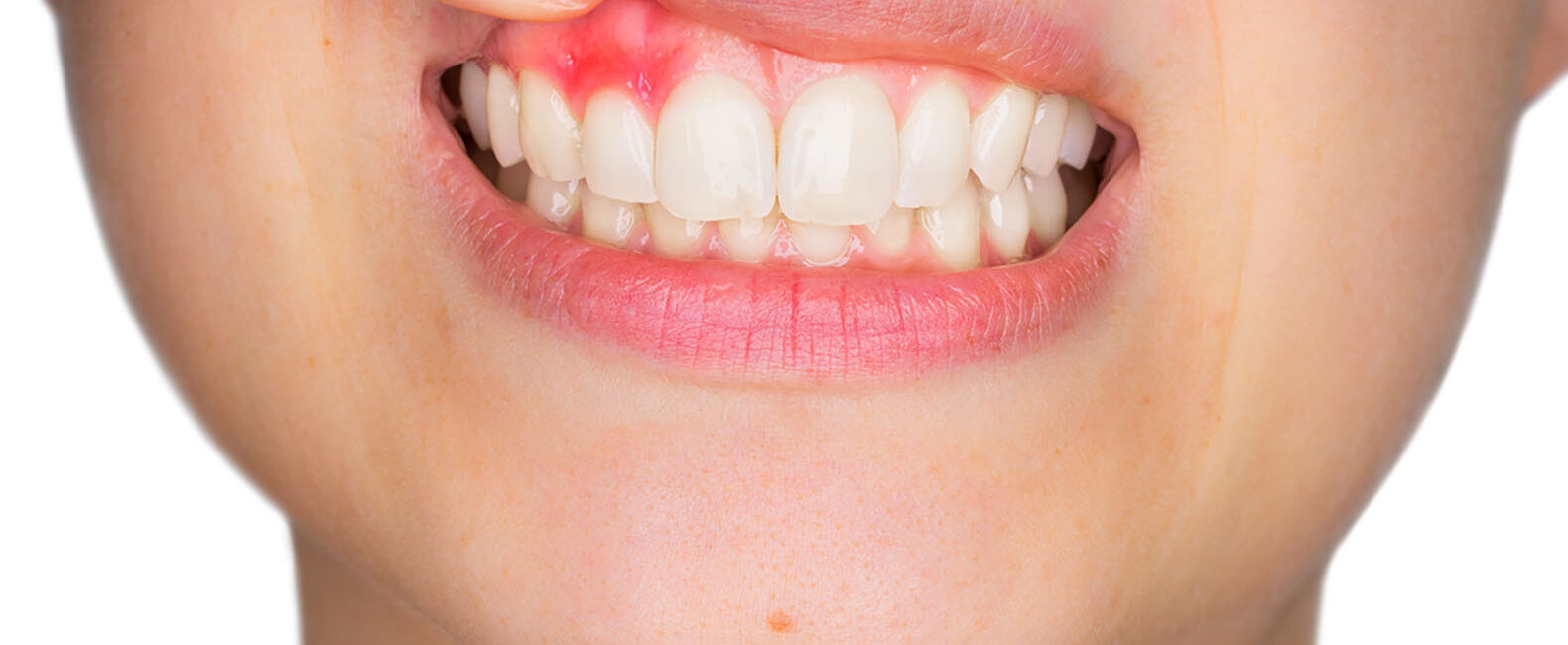
Gum disease, also known as periodontal disease, affects millions of Americans, leading to tooth loss, heart disease, and stroke. But not everyone who doesn’t brush or floss regularly develops gum disease — why? Understanding the underlying causes of gum disease can help you take personal initiatives to prevent it from getting out of hand. Here are six reasons why gum disease affects some and not others.
1. Variation in Inflammation Phenotypes
There are several reasons why gum disease affects some people and not others. One reason is variation in inflammation phenotypes. That means different people have different levels of inflammation in their bodies, making them more or less susceptible to gum disease. Low clinical response, unlike strong clinical response, has low inflammation response. Most people who experience a high clinical response will be at risk for gum disease, while those with a low clinical response will be resistant.
A newly discovered phenotype, slow/delayed strong inflammatory response, may vividly explain why some people do not develop gum disease despite being exposed to the same risk factors as other populations. Patients who experience a slow initial inflammatory response are less likely to develop severe periodontitis. More research is necessary on this phenotype, but it could lead to improved treatments for chronic inflammatory diseases. However, treatments for gum disease are widely available and affordable.
2. Differences in Oral Microbiome Diversity
The oral microbiome is the community of all the microorganisms that live in the mouth. It consists of bacteria, viruses, fungi, and protozoa. The diversity of these microbes is essential for keeping the mouth healthy. Studies have shown that people with gum disease have less diverse oral microbiomes than people without gum disease. The difference in diversity may be one of the reasons why some people are more susceptible to gum disease than others.
Distinct microbial community makeup can make a person more or less resistant to infections. For example, studies show that increased Streptococcus mutans (the bacterium responsible for causing cavities) might make someone more prone to tooth decay. In contrast, an increase in Actinomyces Naeslundii (a type of bacteria found in plaque) might make someone more resistant to it. A possible explanation for differences in oral microbiome diversity includes food consumption patterns and antibiotic use
3. Novel Protective Response By the Body
Researchers have discovered that the body uniquely responds to gum disease. For some people, the body can mount a novel protective response that helps keep the condition from progressing. However, this response is not as effective for others, and gum disease can advance more quickly. Plague accumulation can trigger a novel protective response that can help protect tissue and bone during body inflammation.
For those who don’t respond well to inflammation, the progression of periodontitis is accelerated and leaves patients vulnerable to other health problems like cardiovascular disease or respiratory infection. It’s, therefore, crucial to seek the services of a dentist immediately, especially if you want to enhance your social profile. Remember, if you value your online presence, your social profile almost requires cosmetic dentistry to flourish and avoid gum disease-related complications.
4. The Ability of Neutrophils to Maintain a Healthy Homeostasis
Neutrophils are a type of white blood cell key to maintaining healthy homeostasis that helps promote colonization resistance. When neutrophils are not functioning correctly, it can lead to gum disease. The white blood cells patrol and regulate the population of bacteria in the mouth, including Streptococcus mutans. Failure to which these bacteria become increasingly dominant over other types of bacterial species in the mouth (like lactobacilli).
That increases the risk of cavities, gum inflammation, and tooth loss. On the other hand, when neutrophils succeed in maintaining healthy homeostasis by controlling S. mutans levels, the chances of cavities and gum disease decreases. Neutrophils are also responsible for proper microbial composition for healthy teeth and gums. They function as the first line of defence against invading pathogens.
Conclusion
Dental hygiene is crucial for preventing gum disease. However, despite a person’s best efforts to maintain good dental hygiene, some people are more susceptible to gum disease than others.
A person’s susceptibility to the bacteria that causes gum disease varies based on their inflammation phenotypes, the makeup of the oral microbial community, and immune response. That means that not everyone has the same risk factors when contracting gum disease, and there may be certain factors that can increase or decrease your risk factor. However, the best thing you can do is ensure you are vigilant about your dental hygiene routine and regularly visit your dentist.



